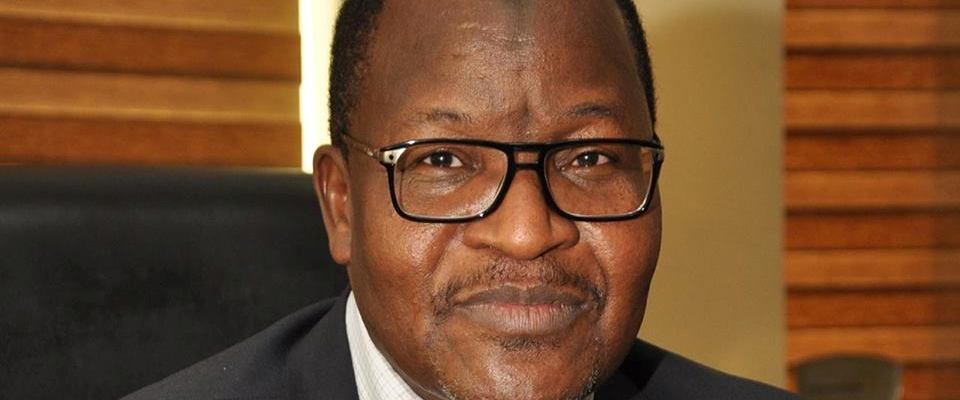The Nigerian Communications Commission (NCC) has set in motion the process to amend regulatory instruments in anticipation of 5G revolution in Nigeria, which the Commission has envisaged will result in the proliferation of devices in the country.
TheNewsGuru.com (TNG) reports NCC on Tuesday began a three-day public inquiry on five (5) regulatory instruments, one of which is the type approval regulatory instrument, which provides a framework for the approval of communications equipment for connection to communications networks in the country.
The Executive Vice Chairman/Chief Executive Officer (CEO) of the Nigerian Communications Commission (NCC), Prof. Umar Danbatta disclosed that public inquiry is a key element in the Commission’s consultative engagements as part of its rule-making process and a key ingredient of its regulatory excellence.
Danbatta further disclosed that the Commission has also introduced business rules for type approval to address issues that cannot be catered for in the regulations and ensure that the type approval process is seamless.
The NCC EVC stated that with the deployment of 5G in Nigeria, mobile network operators will invest heavily in communications infrastructure and that with the technological advancements anticipated as a result, it is expected that there will be a proliferation of devices in the industry.
“It is therefore essential for the Commission to ensure that the regulatory framework can accommodate such eventualities,” Danbatta said while expressing confidence that the review process will improve the standards and procedures for type approvals.
TNG reports the public inquiry also covers Guidelines on Technical Specifications for the Deployment of Communications Infrastructure, Guidelines on Short Code Operation in Nigeria, Guidelines on Advertisements and Promotions and Consumer Code of Practice Regulations.
The NCC boss said all five (5) regulatory instruments are existing instruments, which are being amended to reflect current realities.
Earlier in her opening remarks, Ms. Helen Obi, Head, Telecoms Laws & Regulations, Legal & Regulatory Services Department of the NCC disclosed that the draft of all the regulatory instruments regulations have since been published on the Commission’s website.
Ms. Obi disclosed that comments from external stakeholders have been received and reviewed while re-emphasizing that the public inquiry is an avenue that allows the Commission to incorporate the comments and suggestions of industry stakeholders, in the development of its regulatory instruments.
“This process ensures that the regulatory instruments issued by the Commission are in line with the current realities in the industry. In the last year, the Commission has held Public Inquiries on the Registration of Telephone Subscribers Regulations, the SIM Replacement Guidelines, Frequency Spectrum (Fees & Pricing, Etc.) Regulations, Annual Operating Levy Regulations, Guidelines on National Roaming, Guidelines on Colocation and Infrastructure Sharing and the Spectrum Trading Guidelines.
“It is pertinent to state that of all the instruments listed above, the Commission has published Guidelines on National Roaming 2021, Guidelines on Colocation and Infrastructure Sharing 2021, SIM Replacement Guidelines 2022 and the Spectrum Trading Guidelines 2022; whilst the Annual Operating Levy Regulations and the Registration of Telephone Subscribers Regulations have been forwarded to the Ministry of Justice for gazetting, whilst the Frequency Spectrum (Fees & Pricing, Etc.) Regulations is at the final stages of the review process.
“To build on the successes recorded last year in this regard, the Commission has decided to review five (5) regulatory instruments: Type Approval Regulations (as amended), Guidelines on Short Code Operation in Nigeria (as amended), Guidelines on Technical Specifications for the deployment of Communications Infrastructure (as amended), Guidelines on Advertisements and Promotions (as amended) and the Consumer Code of Practice Regulations (as amended).
“The draft of all the regulatory instruments Regulations have since been published on the Commission’s website and comments from external Stakeholders have been received and reviewed. The above notwithstanding, we hope to receive additional comments from external stakeholders, which would ensure that the final regulatory instruments are such that will guarantee the progressive development of the industry,” Obi said.

